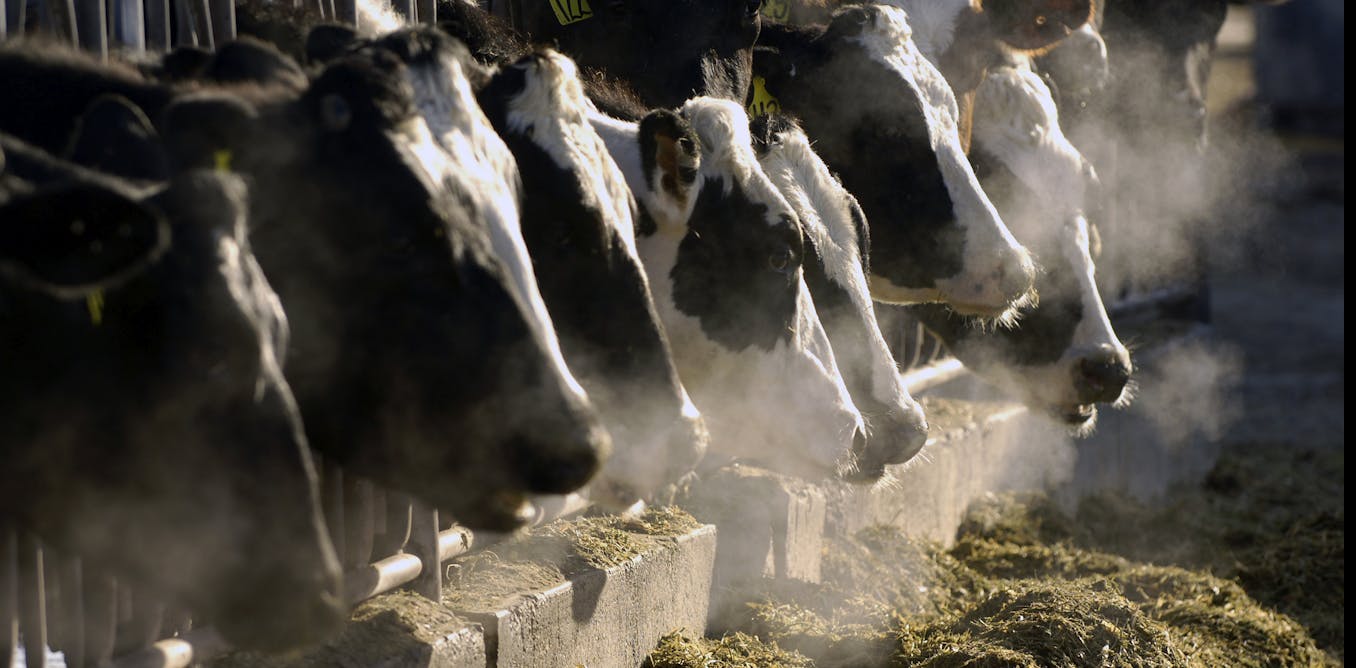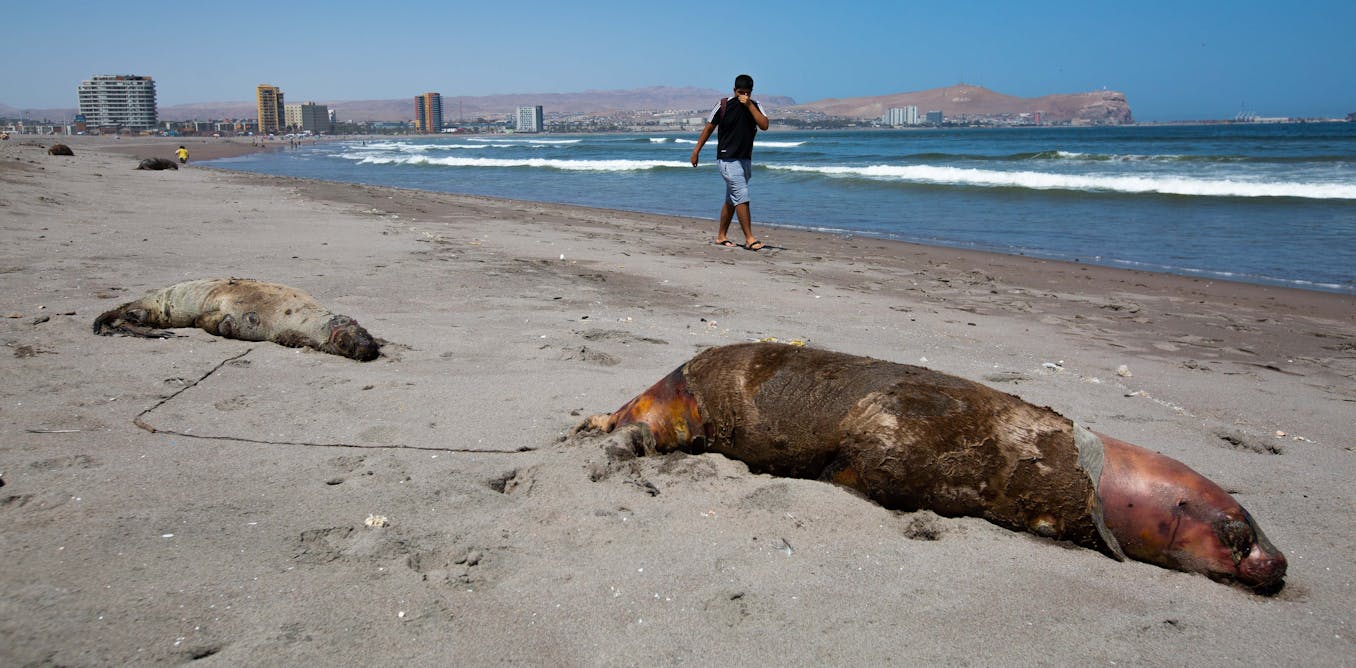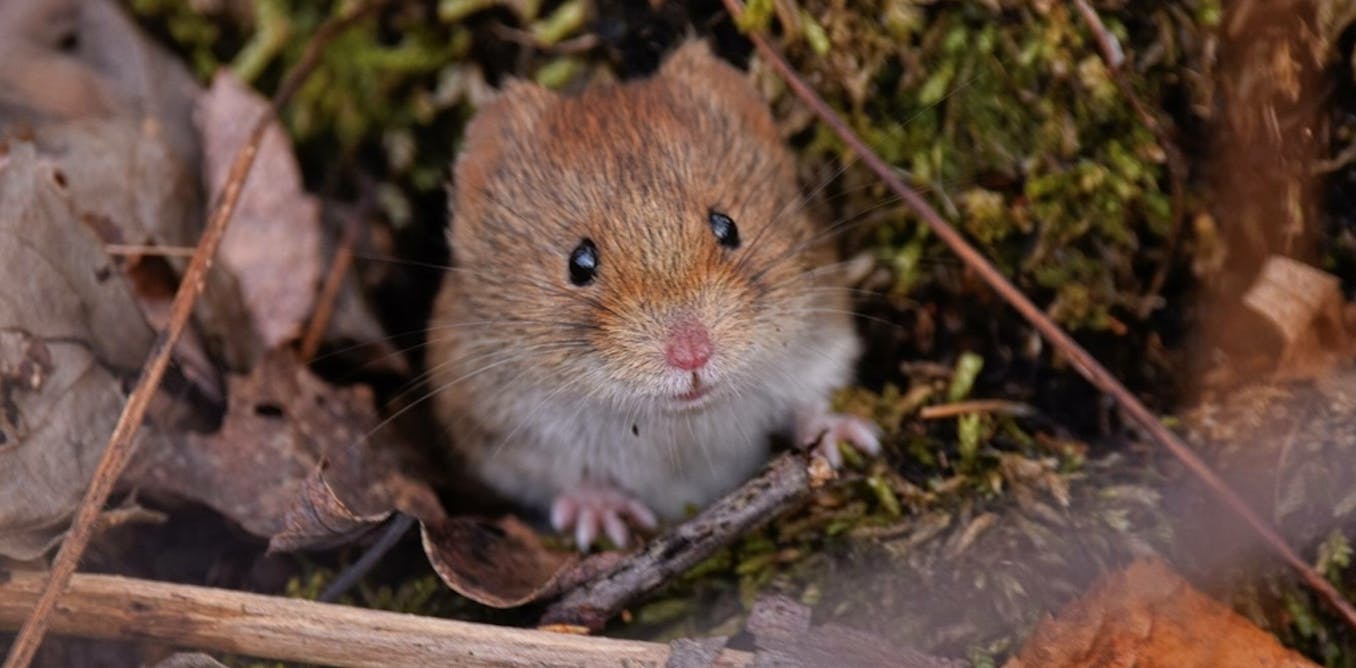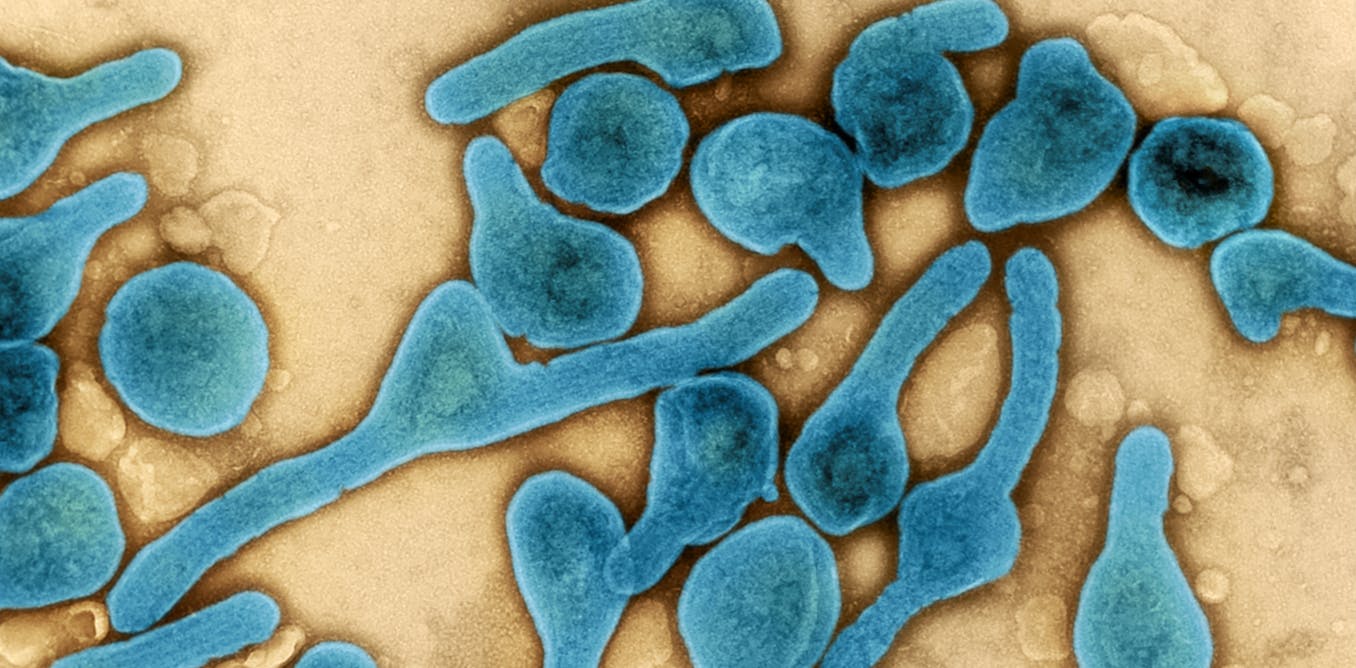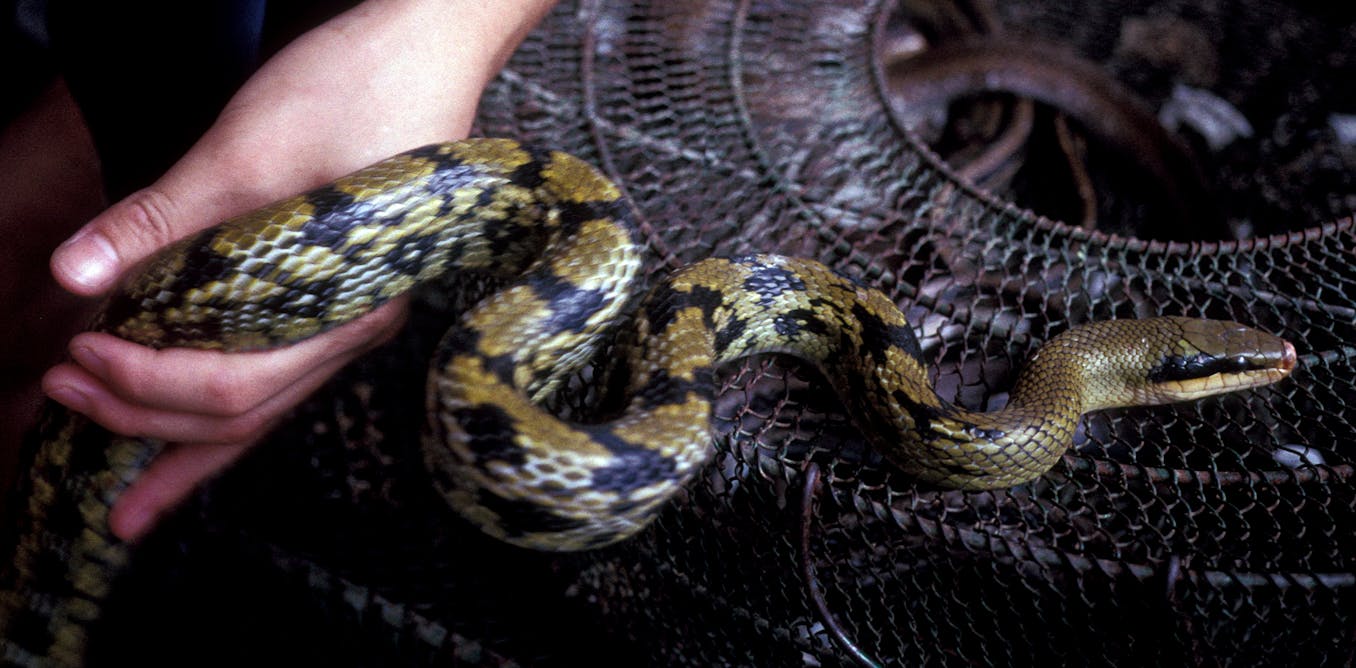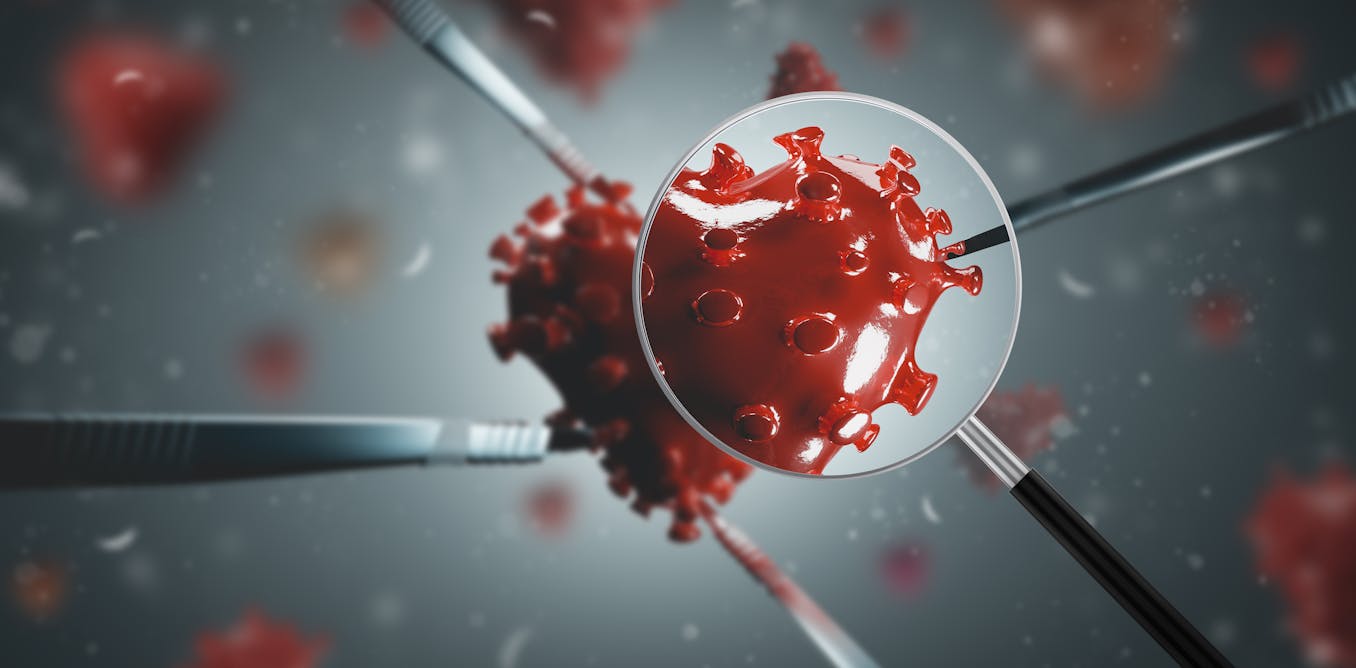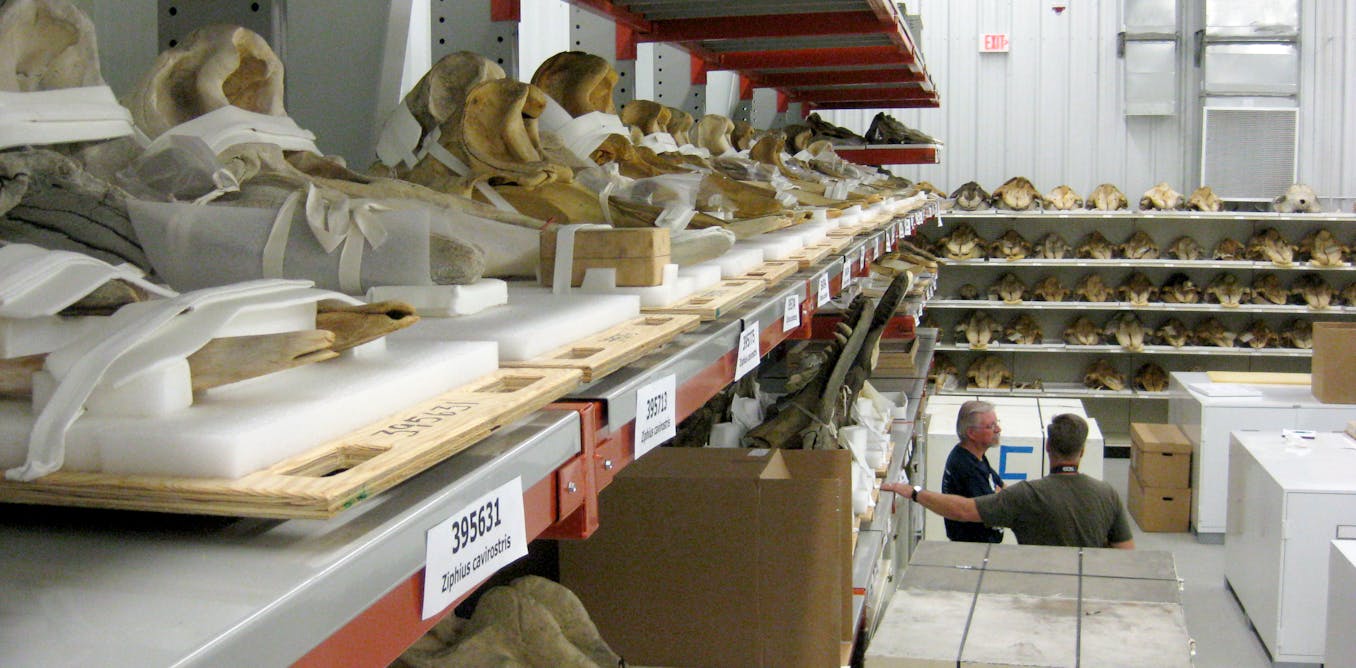Some viruses prefer mosquitoes to humans, but people get sick anyway − a virologist and entomologist explain why
The virus that causes eastern equine encephalitis, or EEE, has evolved to infect mosquitoes. To be able to spread between people, however, it faces extra challenges.
Feb. 4, 2025 • ~9 min


